Sravya Kondrakunta
Task Modifiers for HTN Planning and Acting
Feb 09, 2022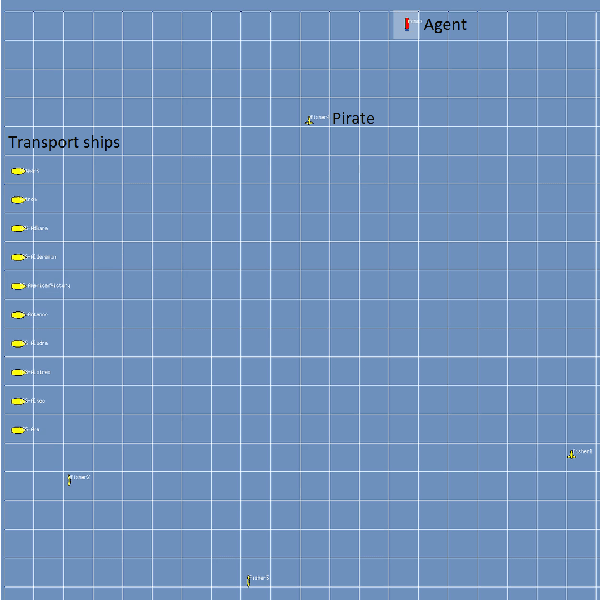

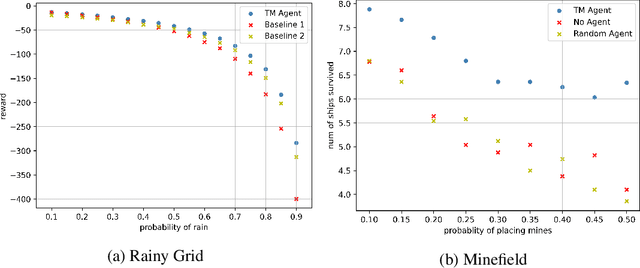
Abstract:The ability of an agent to change its objectives in response to unexpected events is desirable in dynamic environments. In order to provide this capability to hierarchical task network (HTN) planning, we propose an extension of the paradigm called task modifiers, which are functions that receive a task list and a state and produce a new task list. We focus on a particular type of problems in which planning and execution are interleaved and the ability to handle exogenous events is crucial. To determine the efficacy of this approach, we evaluate the performance of our task modifier implementation in two environments, one of which is a simulation that differs substantially from traditional HTN domains.
Computational Metacognition
Jan 30, 2022



Abstract:Computational metacognition represents a cognitive systems perspective on high-order reasoning in integrated artificial systems that seeks to leverage ideas from human metacognition and from metareasoning approaches in artificial intelligence. The key characteristic is to declaratively represent and then monitor traces of cognitive activity in an intelligent system in order to manage the performance of cognition itself. Improvements in cognition then lead to improvements in behavior and thus performance. We illustrate these concepts with an agent implementation in a cognitive architecture called MIDCA and show the value of metacognition in problem-solving. The results illustrate how computational metacognition improves performance by changing cognition through meta-level goal operations and learning.
The Rational Selection of Goal Operations and the Integration ofSearch Strategies with Goal-Driven Autonomy
Jan 21, 2022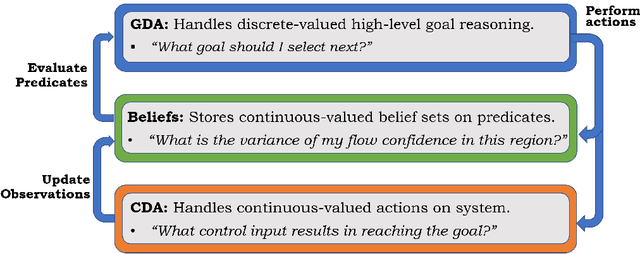
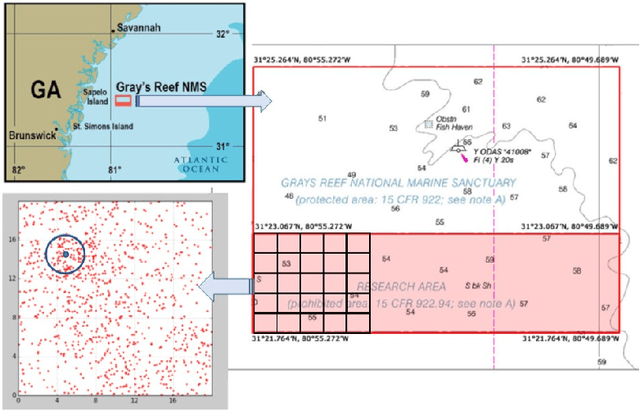
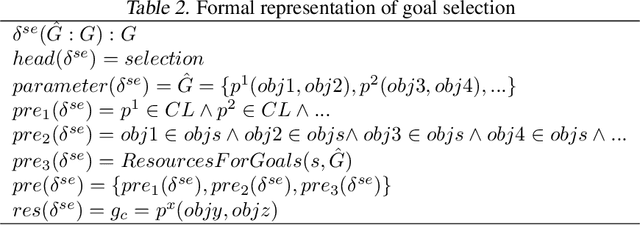
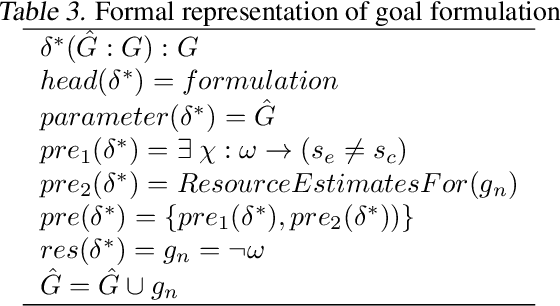
Abstract:Intelligent physical systems as embodied cognitive systems must perform high-level reasoning while concurrently managing an underlying control architecture. The link between cognition and control must manage the problem of converting continuous values from the real world to symbolic representations (and back). To generate effective behaviors, reasoning must include a capacity to replan, acquire and update new information, detect and respond to anomalies, and perform various operations on system goals. But, these processes are not independent and need further exploration. This paper examines an agent's choices when multiple goal operations co-occur and interact, and it establishes a method of choosing between them. We demonstrate the benefits and discuss the trade offs involved with this and show positive results in a dynamic marine search task.
 Add to Chrome
Add to Chrome Add to Firefox
Add to Firefox Add to Edge
Add to Edge